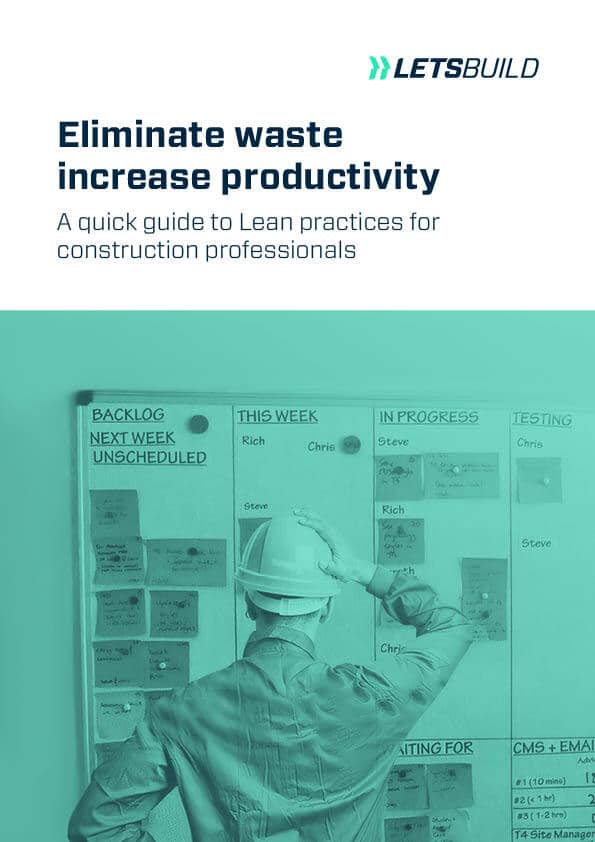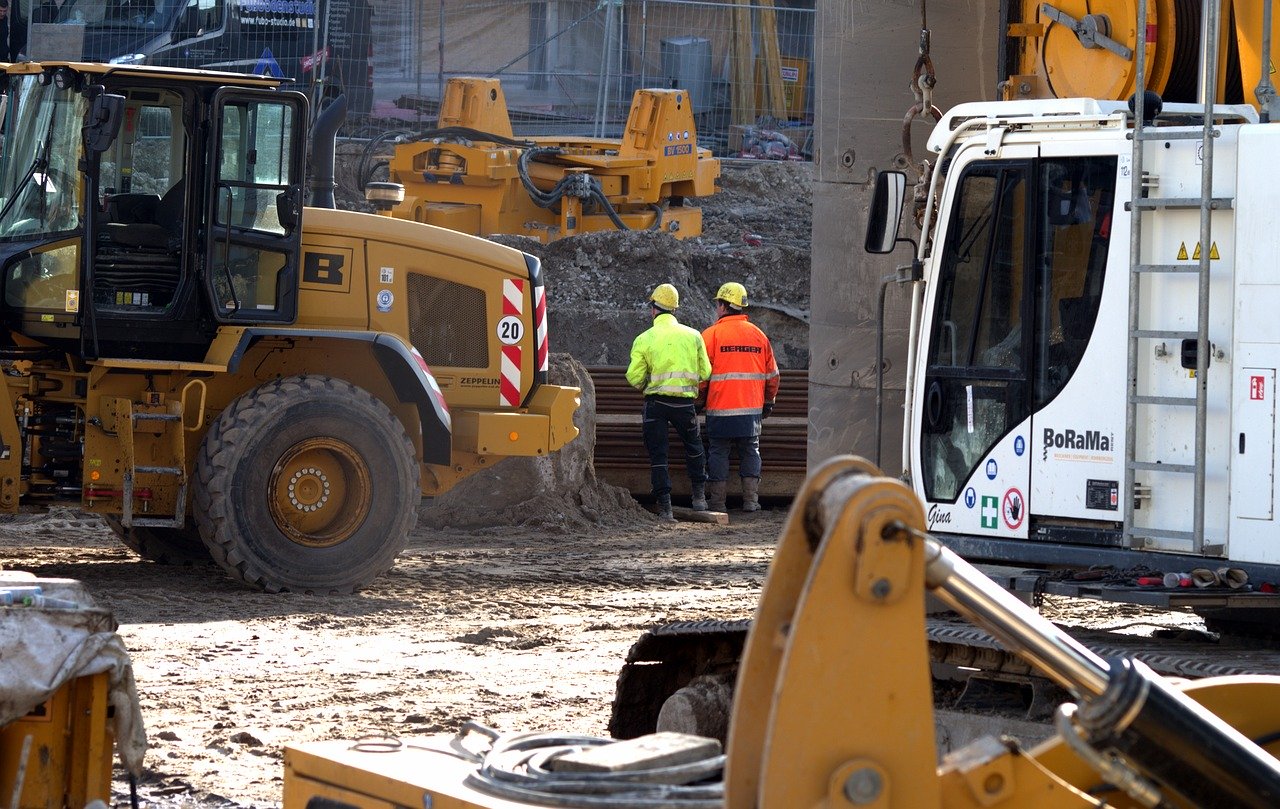In the field of construction, GMP stands for the guaranteed maximum price. This is usually part of a contract that states what the maximum price can be for a project and it means that a person will never pay more than that to get the work completed.
You are responsible for knowing what this amount is for every project that you are working on, so that you do not spend more than you should to get the job completed.
GMP in construction – guaranteed maximum price.
The GMP usually comes into play when a project is on the fast track for completion or when there is not a finalized design when the work is being started. This always ensures that an owner is never going to need to pay a contractor more than they initially agreed upon for the project. Unfortunately, this means that the risk of all those extra expenses will fall onto you, the contractor.
At the same time, it means that the owner can pay less, because the project could come in under budget and not cost as much as the guaranteed maximum price. This is also not good news for you, because most contracts state a lump sum, which you are guaranteed to get, no matter how much you save during the completion of the project.
Most GMPs in construction will have a schedule of values included within the contract. This schedule of values will include a break down of the estimated costs of the project, as well as the profits for the contractor for different line items for specific elements of the work being done. It is the total of all those line items together that becomes the guaranteed maximum price.
It will be up to you and the owner to negotiate whether you are bound to the guaranteed maximum price for each line item or if you are just bound to the total price. This does get tricky, because sometimes a contractor will go over the guaranteed maximum price for one line item but stays under for another. The contractor could potentially take advantage of that savings if they are guaranteed the total price, while the owner could take advantage of the savings for that one item if the contractor only benefits per line.
Owners and contractors like yourself will want to exercise caution when determining how you will work this out, as you are not going to want to take risks that you cannot afford. If you are seeing more owners trying to take advantage, you may want to increase the amount of every line item to ensure that there is little risk. Of course, this will increase your overall total guaranteed maximum price as well, which may not be accepted by the owner.
While it may seem like GMPs are pretty straightforward and that there is no room for leniency, you can add contingencies to them. There should always be a contingency line item within the schedule of values, as it will give you a safety net if you go over in certain areas. Contingencies are supposed to be used for any unforeseen problems that arise during a project, because they are not part of the potential change orders that can occur throughout the project.
Most of the time, you will determine the contingency value as a percentage of other costs plus a profit. You can then use that amount for any overages on any other line item. Some owners may have you create a contingency amount for each line item, and state within the contract that you cannot use other contingency amounts for that line item. This is not going to help you in any way, but it will definitely benefit the owner when the project is completed.
When the design is not yet completed for the project, or there are certain things that have yet to be determined, an allowance must be added to the GMP contract. This allowance is a specific amount of money that is designated to cover all the decisions that the owner has yet to inform you of. The allowance should only be used for materials, so that there is no confusion when it comes to the profit and overhead of the project.
There is a way that you can get the guaranteed maximum price to increase for a project and that is by using change orders. These change orders will need to be filled out if the owner has requested additional work that you need more time or materials to complete. Once you write up these change orders, and the owner approves them, the guaranteed maximum price that you had in place will increase.
It is important to note that you cannot fill out a change order simply because the price of materials went up since you have the quote and agreed to the GMP for the project. You may also find that the owner will not want to agree to the change order, in which case you will need to determine whether to do the work that was asked or leave things according to the original contract.
You may not love GMP contracts, but sometimes they can be better than the cost-plus and the fixed-price contracts that are being offered. In fact, you may find that an owner with a GMP contract is easier to work with, because they want to make sure that you know the scope of the work just as well as they do.
If you do decide to do a GMP contract with an owner, you will notice that there are more people involved in the project from the very beginning. After all, these contracts require teamwork, so not only will you and the owner be working together from the start, the architect, engineers, and other specialists will be included. This ensures that everyone is on the same page and that you all agree that the work can be completed the way that it has been laid out.
The good news about guaranteed maximum price contracts, or GMPs, is that you can share the savings if the owner agrees. That means that if you save any amount of money during the project, the owner will share that savings with you instead of taking it all for themselves. You may not see this extra money for every line item, but even a few line items will have you making close to what your guaranteed maximum price was supposed to be. Plus, this will ensure that the owners know that you are in the business to save them money, so they will recommend your services to others in the future.
If you have never completed a GMP contract before, do not shy away from them. You may find that they are slightly easier than other contracts, because you will have the support of many other people as the project is being worked on.




